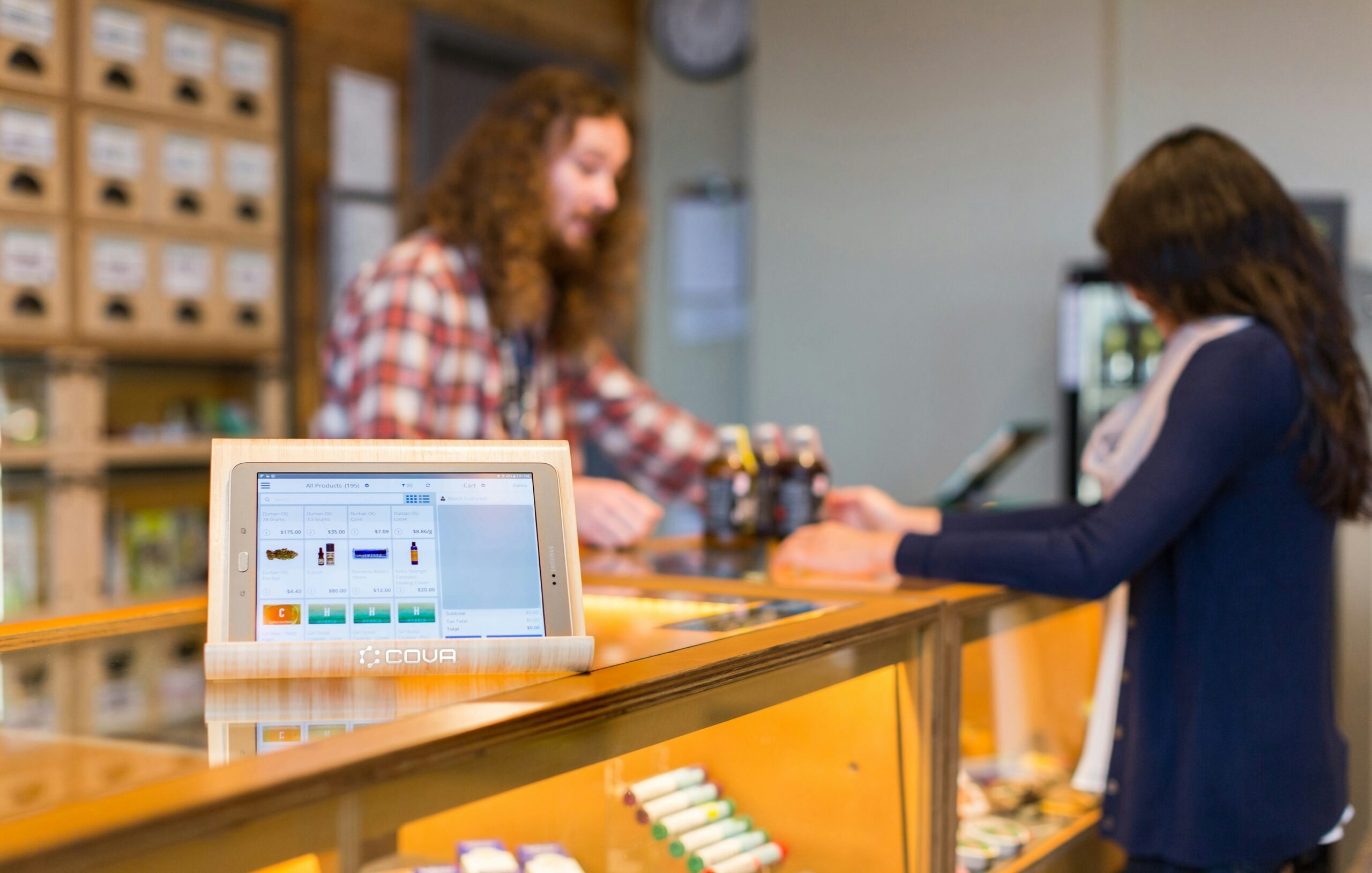 Image: Cova Software/Unsplash
Image: Cova Software/Unsplash
We have in previous reports commented on the impacts of increasing numbers of social equity retailers in Illinois adult use cannabis market, as well as “craft grower” licensees that have recently begun to operate in the state. As part of Illinois’ social equity program, the state has also issued “infuser” licenses to qualifying applicants. Infusers are businesses that incorporate cannabis or cannabis concentrate into a product formulation to produce a cannabis-infused product – what in other markets is more frequently called a processor or product manufacturer.
According to information from the state, Illinois has issued 55 infuser licenses, with the first two granted in October 2022. However, as of January 4, only 10 infusers had received approval to operate. Social equity infusers are entering into and attempting to compete in a market where the supply side has been dominated by 21 large-scale cultivation centers, which were originally licensed in the state’s medical cannabis market.
Cultivation centers also perform extraction and product manufacturing, while producing almost all of the cannabis plant material in the state, apart from the production of under a dozen small-scale craft grower licensees that are operational. Additionally, the holders of the cultivation center licenses own 110 of the roughly 180 adult use retail licenses in Illinois. To sum up, the 17 companies that hold the original 21 cultivation center licenses produce almost all of the flower and infused products in Illinois to supply their own stores, while also wholesaling plant material and distillate to social equity infusers who are manufacturing products intended to compete with those of the cultivation centers.
Cannabis Benchmarks recently reached out to Victoria Williams for insight into the situation facing social equity infusers in Illinois. Williams has been an active player in the Illinois cannabis industry since 2015 and was one of the original founders of Starbuds’ Illinois dispensary. She also launched the first minority-owned, social equity infused products brand to achieve retail distribution in the state. Currently, Williams is CEO of ACC of Illinois Transportation, which delivers products from cultivators and infusers to retailers across the state, which has provided her with deep insights into wholesaling issues. She also assists other companies with supply chain optimization and recently helped a struggling social equity infuser significantly expand their retail distribution. Williams added that she “has firsthand experience with the challenges facing social equity businesses based on the barriers I faced as a licensee.”
Williams provided responses to questions from Cannabis Benchmarks via email, which are included below. The responses have been edited very lightly for clarity.
Cannabis Benchmarks: Can you give an idea of what prices the original 21 cultivation licensees are charging infusers for distillate?
Williams: Wholesale prices for distillate from original large cultivators remain between $8,000 – $12,000 per liter. This price gouging prevents fair competition.
Can you give an idea of typical margins for infusers that are operating currently?
Typical profit margins for infusers are 20% – 30% in established markets. Current Illinois social equity infusers are seeing more like 5% – 15% margins based on unfair wholesale costs.
Illinois has rules requiring that retailers stock inventory from diverse sources, including that only a certain percentage of their inventory can be from a commonly owned cultivation license – is this rule not being enforced?
There appears to be little enforcement of inventory diversity rules. Most retailers still stock 70%+ of products from commonly owned cultivators. Until diversity improves, infusers will keep struggling.
Do you foresee the entrance into the market of more craft cultivators and infusers bringing wholesale prices for biomass and distillate down over time?
Expanding craft growers and infusers should help drive more price transparency and competition. But it will take actively addressing anti-competitive practices for it to correct properly.
What can regulators and / or licensees do to address this situation?
First, regulators must crack down on licensees violating accountability rules meant to help social equity businesses gain market access. No one company should control the majority of shelf space.
Second, large incumbent cultivators with sufficient margins should take it upon themselves to voluntarily lower wholesale rates to empower a robust industry. Reform is needed urgently.
What might be the outcome if the situation is not addressed?
If unchecked, vertically integrated big cannabis will damage the budding legal market in Illinois. Unfortunately, the likely outcome is small businesses and infusers will collapse, consumers will turn to black market sources for affordability and choice, and social equity aims will completely fail.
Can infusers be successful if the situation is not addressed? If so, how?
Infusers can only thrive if wholesale pricing discrimination stops and market diversity protections get enforced. Otherwise, the market dynamics make it impossible right now for [independently-owned businesses] to compete in any reasonable way. I remain committed to advocating for the ability to compete fairly.